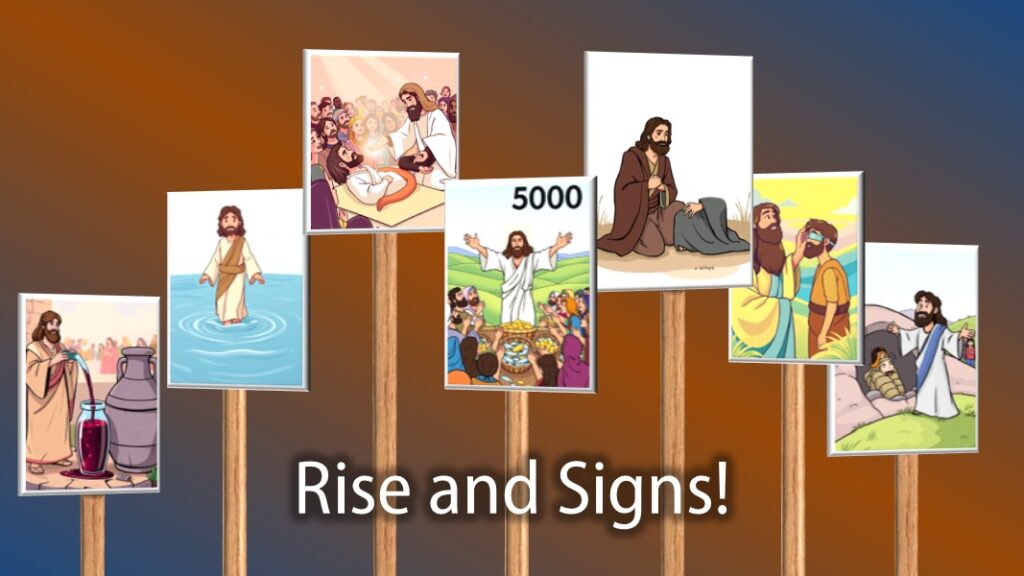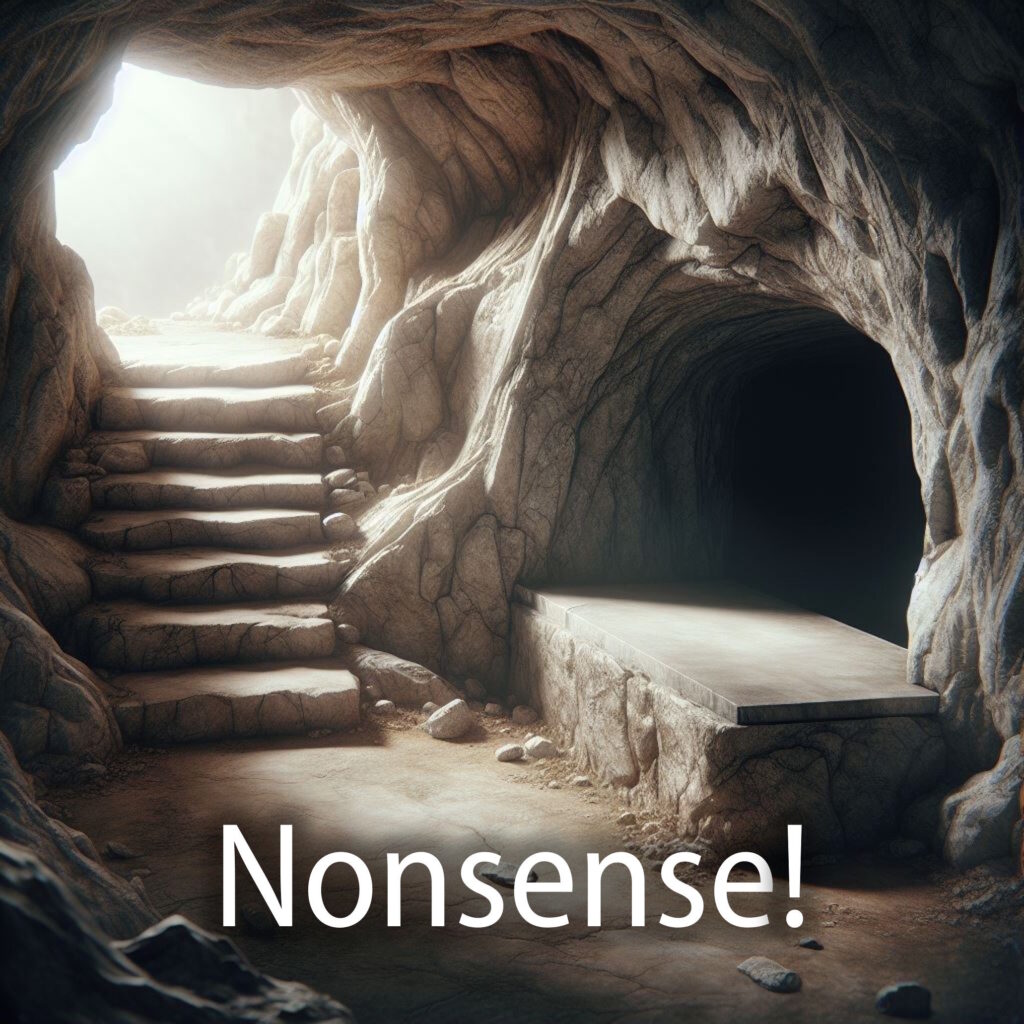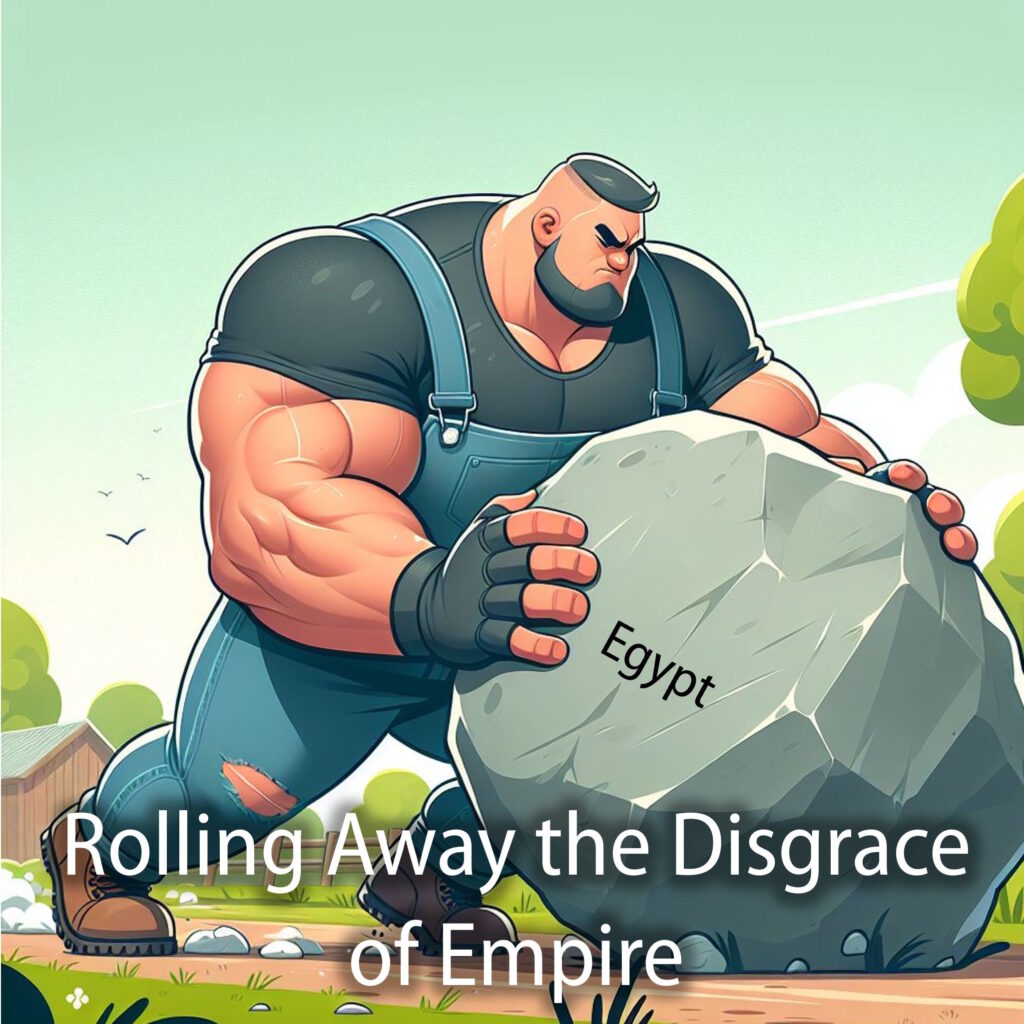Hespeler, April 27, 2025 © Scott McAndless – Second Sunday of Easter
Acts 5:27-32, Psalm 150, Revelation 1:4-8, John 20:19-31
At the end of the twentieth chapter of the Gospel of John, there are a couple of verses that are easy to skip over. “Now Jesus did many other signs in the presence of his disciples that are not written in this book,” it says. “But these are written so that you may continue to believe that Jesus is the Messiah, the Son of God, and that through believing you may have life in his name.”
It sounds like a conclusion, but it isn’t. The book is not over yet and the next chapter will also end with what sounds like a conclusion. It seems to just be an explanation for why this Gospel doesn’t include some of the well-loved stories in the other Gospels, but it is so much more than that.
The Purpose of the Book
For, in these verses, the writer lays out the whole purpose behind the book. He has written “so that you may continue to believe.” Or other ancient manuscripts have it, “so that you may come to believe.”
Both ultimately mean the same thing. He is writing so that you, the reader, might believe in the messiahship of Jesus and that your life might be transformed – that by trusting in him, you might have life.
And you might say, sure, that makes sense. Isn’t that why anybody wrote any gospel? But wait a minute. When John says that, he is not referring to the whole gospel. He is saying something very specific. He is saying that Jesus performed many signs. He is referring to the miracles and wonders that Jesus performed, of course, but he uses the word signs. A sign is something (anything) that conveys meaning.
The Seven Signs
And what the author is saying is that he has carefully chosen not to tell the stories about all the signs, that he has specifically chosen only certain signs because they are the ones that will make you believe. So, he is not talking about the whole gospel, but rather his collection of sign stories.

And once you look back through the whole gospel, you realize exactly what he is talking about. John, in the course of his Gospel, has told us exactly seven stories of seven signs that Jesus performed, carefully labelling each one as they come as a sign.
The seven signs in the Gospel of John are:
- Turning Water into Wine (John 2:1-11)
- Healing the Official’s Son (John 4:46-54)
- Healing the Lame Man (John 5:1-15)
- Feeding the Five Thousand (John 6:1-14)
- Walking on Water (John 6:15-21)
- Healing the Blind Man (John 9:1-41)
- Raising Lazarus from the Dead (John 11:1-44)
So, what John is saying is that, if you will just reflect on these seven stories, you will believe.
Why the Disciples Believed
In our reading today, we have just gone through the whole problem with making people believe. Jesus has appeared to the disciples on Easter Sunday, convincing them that he is truly risen. They believe because they have seen it.
But then Thomas comes into the story. He wasn’t there that first Sunday. He didn’t see, so he doesn’t believe and he insists that he cannot take anyone else’s word for it. He has to see and touch and feel for himself.
This all gets resolved for Thomas, of course, when Jesus puts in a second appearance. But the question still remains. That’s great for Thomas, but what about the rest of us? The story ends with Jesus saying, “Blessed are those who have not seen and yet have come to believe.” But that doesn’t address the real problem. How do you come to believe without seeing? Do you just have to take those who did see at their word? Because I know that doesn’t seem good enough for many people.
How to Believe Without Seeing
Well, John answers that question in the verses that follow immediately after this story. He tells you how you may come to believe without seeing. And the answer, interestingly enough, is not that we have to take anybody else’s word for it. I mean, sure, the testimony of the disciples is important, but that is not the answer he points to.
No, he says that what you particularly need is to hear the stories of the seven signs. If that doesn’t do it for you, nothing will.
If you are feeling a little bit puzzled by that, I’ll admit that so am I. Let me suggest what I think we should do. Let us decide to look at those stories, not simply as stories of miracles and wonders, but as stories that are signs. Read them as stories that are intended to convey meaning directly to you, the reader.
Of course, doing that with all of the stories is a bit much for us to do right now. Perhaps you could consider it your homework to spend the time living with those seven stories. Maybe it’ll make a great seven-part sermon series some day.
But what we can do in this time we have today is give us a sense of what we need to look for in those stories – how to read the signs.
The Marriage in Cana
Let’s look at the first sign. This is set in the town of Cana in Galilee where Jesus is at a wedding with his disciples and his mother. During the festivities, the wine runs out – a social disaster. Jesus’ mother comes to him with the problem and he says, “Woman, what concern is that to me and to you? My hour has not yet come.” (2:4)
So, Jesus is clearly reluctant to do anything, not because he doesn’t care about the problem, but just because he’s concerned about the timing. Nevertheless, his mother seems to know him better than he knows himself. She knows that he cares and so she says, “Do whatever he tells you,” to the servants. (2:5)
And so Jesus goes ahead and famously turns the water into wine. In fact, he creates wine that is so excellent and potent that the man in charge of the wedding (who doesn’t know where it came from) marvels at it.
And then the whole story gets summed up like this. “Jesus did this, the first of his signs, in Cana of Galilee and revealed his glory, and his disciples believed in him.” (2:11)
How Does this Help You Believe?
So, apparently, this story has been included in this gospel “so that you may come to believe.” But how does this story make you believe? You weren’t there at the wedding in Cana. You didn’t get to taste the wine. So how are you supposed to be convinced just by hearing this and stories like it?
Well, the odd thing about the story is that, even though Jesus does something miraculous, he doesn’t actually seem to be doing it to impress people with his miraculous powers. He doesn’t really want to attract attention by doing something splashy, and so he hesitates.
Even more important, he does it in a way that means that most people don’t know what he has done. The wine steward doesn’t know where the wine came from. The important guests don’t know either. All they know is that excellent wine is suddenly flowing.
It is only a select group that knows that Jesus has performed a wonder. The only people who it says know about it are the servants, the very people that everyone else would dismiss and look down upon. So, this is clearly not all about performing a wonder so that every notices and believes. It is much more subtle than that.
How Jesus Acts in These Stories
And, once you realize that, the observation applies to many of the other sign stories as well. Jesus never seems to seek the limelight. He is no publicity hound. Most of all, he usually acts in response to the suffering that he sees – the hunger of the crowds, the sorrow of the sisters, the unfair blaming of the blind man for his illness. These stories emphasize the sympathy and compassion of Jesus, not his showmanship.
All of that leads me to think that John is not pointing us to these sign stories in order that we might be convinced by them because there is something miraculous. If you struggle to believe because you did not see the risen body of Jesus, why would you be convinced by a story about wine that you didn’t get to taste? There has to be something else going on in these stories that is meant to break through your fog of hesitation and doubt.
About Jesus’ Identity
That is why I would insist that these stories are not about what Jesus does. They are about who Jesus is. They are signs that point to his identity, not his ability. And this is something that is made clear in a number of stories in which Jesus declares the meaning of what he is doing with an “I am…” statement. When we heals the blind man, he declares “I am the light of the world.” When he raises Lazarus, he says, “I am the resurrection and the life.” And he follows up the feeding of the five thousand by saying, “I am the bread that came down from heaven.” (6:41)
So, what does John mean when he says, “But these are written so that you may continue to believe that Jesus is the Messiah, the Son of God”? He is challenging you to reflect upon these stories so that you may discover the character of Jesus. He wants you to meditate upon them until you have a picture of a Jesus who is reaching out in love and compassion and care, who understands the suffering of the people and who can dissolve into tears when he sees Mary, the sister of Lazarus, weeping before him. John is convinced that, once you have found that picture, you will inevitably take the next step.
The Next Step
The next step is “to believe that Jesus is the Messiah, the Son of God.” Once you know what Jesus is like, you will recognize that there is something in that character that goes beyond the ordinary. There is something in Jesus that allows you to encounter the divine.
I do believe that the foundation of faith is experience. That much is clear in the Easter stories – especially the story of Thomas. After Jesus had been taken from them and crucified and buried, the early Christians experienced his living presence with them. All of the stories of his appearances are a reflection of those amazing experiences.
None of it constitutes scientific proof that Jesus really did rise from the dead. It could not be reproduced in a laboratory. None of the documentation can be independently verified especially because the texts that we have received contain inconsistencies, which is not unusual when you are talking about intensely personal experiences.
Experiencing God in Christ
But it had happened. They knew that it had happened because they had experienced it. These closing words of this chapter in the Gospel of John raise the issue of how we, who did not have those intense initial experiences, can come to know that truth as well as they did.
And so John points us to the signs stories in his Gospel. He says, “Reflect on these stories and you will discover the true nature of this Jesus. You will understand that he came to show us the face and the love of God.
But I think that there is one more step that is implied in this. For surely it is not enough to accept on an intellectual level that Jesus must have been the Messiah and the Son of God. In order to know the truth of that deep down in your soul, you have to experience it for yourself, just as the disciples experienced it in their own way.
Taking These Stories Seriously
John teaches you to experience that by challenging you to take these sign stories seriously in your life. You need to be willing to live in such a way that you expect to encounter the Jesus you meet in these stories.
When you have run out of wine – which I take as meaning when you come to a place where your life seems to have lost its meaning and purpose – take that to Jesus with the expectation that he will take your water and turn it into wine. You might be amazed by what you experience if you trust him.
And when you struggle with fear and anxiety in the midst of the storm, when you find that your basic needs are not being met like when the 5000 were starving, when you struggle with weakness or blindness or grief in the face of death, and all of the other things that people were struggling with in those seven stories, the promise is there that if you turn to Jesus in trust and expectation, you will encounter the same Jesus that they met. And you will know, as they knew, that he is the Messiah and the Son of God.




